Quantum Resources Group
Who we are
We are a theoretical physics research group established in October 2019 at the Jagiellonian University in Kraków, Poland. We specialise in quantum information science and form a part of the Polish quantum computing consortium supported by the TEAM-NET grant funded by the Foundation for Polish Science.
What we do
Recent progress in experimental control over noisy intermediate-scale quantum (NISQ) systems may soon bring the advent of new technologies, whose operation will be based on purely quantum effects and that will be able to overcome current limitations of electromechanical systems and information processors. From a theoretical point of view, the first step to achieve this is to identify which components of quantum theory can provide such an advantage. In other words, we need to recognise what actually constitutes quantum resources. Once the relevant resources are identified, the next step is to characterise them, i.e. understand when different resources can be interconverted and how efficiently this can be done, which is captured by the mathematical framework of resource theories. Finally, there is also the third essential step: finding optimal ways to experimentally implement protocols exhibiting quantum advantage, while taking into account realistic constraints.
The general goal of the Quantum Resources Group is to develop a theoretical framework underpinning quantum technologies, with a particular focus on quantum computing and quantum thermodynamics, by investigating all three aspects of quantum resource theories: identification, characterisation and implementation. These research goals will be pursued by realising several objectives that will include:
- Identification: investigating possibilities for quantum advantage within thermodynamic scenarios and finding operational interpretations for coherence resources.
- Characterisation: determining the constraints for manipulating magic states and developing quantitative methods to characterise thermodynamic irreversibility.
- Implementation: constructing experimentally feasible protocols for probing quantum thermodynamic phenomena and devising classical simulation algorithms for the certification and verification of the NISQ devices.
Meet the team
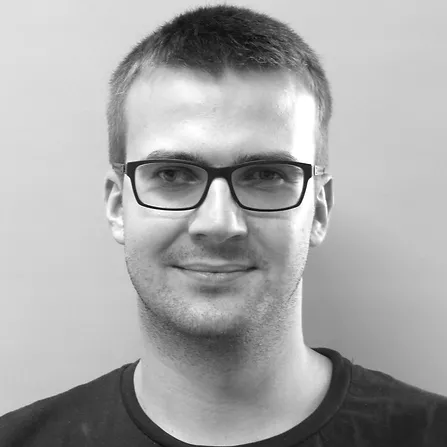
Kamil Kokrzewa
Group leader
Scientific background:
I got my BSc in Physics and MSc in Nanoengineering from Wrocław University of Science and Technology, where I was supervised by Professor Paweł Machnikowski. Then, I joined the Centre for Doctoral Training on Controlled Quantum Dynamics at Imperial College London, where I pursued my PhD degree in Physics under the joint supervision of Professor Terry Rudolph and Dr David Jennings. Afterwards I did my first postdoc in Quantum Science Research Group at the University of Sydney, Australia; and a second brief one in the International Centre for Theory of Quantum Technologies at the University of Gdańsk, Poland.
Research interests:
My research interests are mainly focused on classical-quantum divide arising within various thermodynamic and information processing tasks. This includes exploring protocols that may exhibit quantum advantage, developing various approaches to capture the notions of reversibility and irreversibility in the quantum regime, and studying structural differences between classical and quantum theories. Thus, my research lies at the interface of open quantum dynamics, quantum information and resource theories.
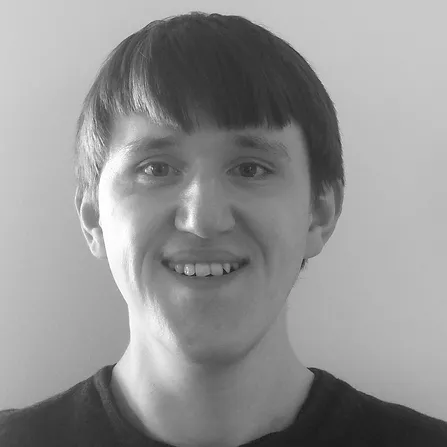
Oliver Reardon-Smith
Postdoc
Scientific background:
I completed my MSci in Maths and Physics at the University of Bristol, under the supervision of Dr. Tony Short. My PhD studies at the University of York were supervised by Professor Paul Busch and Dr. Roger Colbeck. Following my PhD I joined the Quantum Resources Group at the Jagiellonian University, Krakow as a post-doctoral researcher.
Research interests:
During my PhD I focussed on questions related to quantum measurement and uncertainty. In particular I am interested in the interplay between measurement uncertainty, preparation uncertainty, and incompatibility how these impact our ability to do useful tasks. Since joining the Jagiellonian University I have been thinking about problems relating to magic resources, which separate sub-theories of quantum mechanics which can be efficiently simulated by a classical computer from the full power of quantum theory which cannot. I have also been working on aspects of quantum phase transitions and uncertainty.
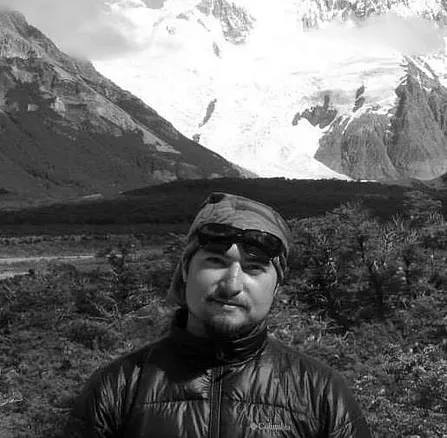
Roberto Salazar
Postdoc
Scientific background:
I got my BSc in Physics from the University of Concepción, Chile, where I was supervised by Professor Michal Kurgansky. Then, I joined the Centre for Optics and Photonics (CEFOP) also at the University of Concepción, where I pursued my PhD degree in Physics under the supervision of Professor Aldo Delgado. I continued for a brief period as a postdoc in CEFOP and afterwards I moved for my second postdoc to the National Quantum Information Centre (KCIK) at the University of Gdańsk, Poland.
Research interests:
I am currently interested in developing the framework of resource theories and applying it to the study of quantum channels. I would also like to contribute to this development by proposing new fundamental tasks or characterizing classes of theories under mild assumptions. However, due to my previous research, I am still interested in a wide spectrum of research areas relevant for quantum information, such as causality, emergence of classicality, nonlocality, contextuality, randomness amplification, quantum discrimination and Bayesian inference. Finally, I would like to mention some fields that intrigue me, but are not closely related to quntum information: fluid mechanics, Nambu mechanics and classical gravity.
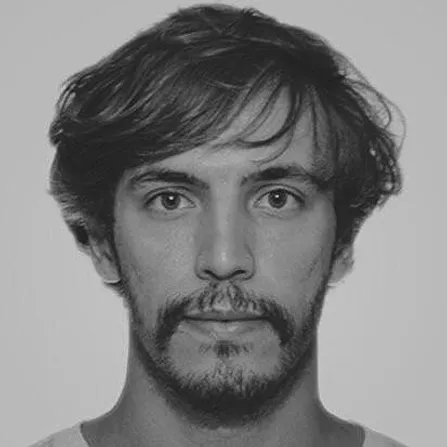
Alexssandre de Oliveira Junior
PhD student
Scientific background:
After obtaining my BSc in Physics at São Paulo State University, I moved to the Institute of Physics “Gleb Wataghin”, where I pursued my MSc degree in Physics under the supervision of Professor Marcos César de Oliveira. I then joined the Quantum Resources Group team as a PhD candidate at the Jagiellonian University in March 2020.
Research interests:
My research interests consist in understanding how quantum features, such as entanglement and coherence, affect classical formulations of thermodynamics and explore the deep connections between energy and information. This leads me to research on quantum information theory, with a particular emphasis on resource theory of thermodynamics and thermodynamic aspects of open quantum systems. I have also become increasingly interested in non-equilibrium statistical mechanics.
EMAIL | ORCID | arXiv | GOOGLE SCHOLAR | WWW.
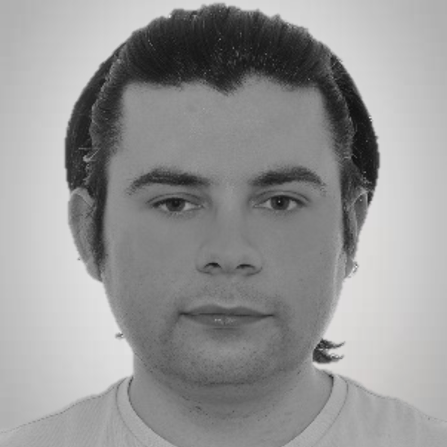
Piotr Przedwojski
BSc student
Scientific background:
I graduated from III LO Gdańsk High School, where I completed an International Baccalaureate programme with extended courses in mathematics and physics. Following one year abroad, studying Electrical and Electronic Engineering at Imperial College London, I enrolled in Theoretical and Experimental Physics course at the Jagiellonian University, where I currently study and work on my bachelor thesis.
Research interests:
My interests cover quantum cryptography, the problem of quantum decoherence, the classification of quantum resources, and group representation theory. I am particularly interested in Lie algebra, symmetries in SU(2) and U(1) groups, and their application to quantum channels and quantum communication. In my current project, I explore the topic of information capacity and information loss in communication via quantum channels without a shared reference frame. Aside from my scientific interests, I am also interested in research in the domain of engineering, in particular microelectronics and the design quantum hardware.
Contact
Aleja Lotników 32/46
02-668 Warszawa
Poland
Phone: +48 22 847 09 20
Email: nisq@cft.edu.pl
© 2021 Near-term Quantum Computers Project